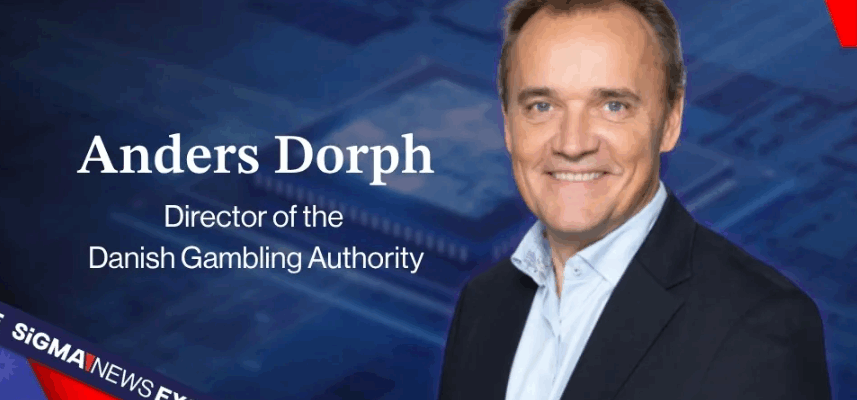Among European nations, Denmark stands out for having one of the highest gambling channelization rates — the proportion of players choosing licensed platforms over unlicensed ones.
Denmark’s Gambling Regulator Chief Reveals the Secret Behind Its High Channelization Rate

A Legal Mind with a Realist’s Outlook
Dorph’s career is deeply rooted in the legal system. With more than three decades in public service, he has worked in the Ministry of Justice, served as Denmark’s National Police Commissioner for 14 years, and led the asylum system for four and a half years. These experiences, he says, taught him a key truth: “Prohibition alone never works — whether it’s drugs, alcohol, prostitution, or gambling. People are drawn to these activities regardless of legality. Our goal is to reduce harm, not to fight human nature.”
Keeping the Licensed Market Competitive
For Dorph, Denmark’s high channelization rate stems from ensuring that the regulated market remains appealing and competitive. Over-regulation, he warns, risks driving players to illegal operators, which often offer better odds and more attractive games because they avoid taxes. A 2025 survey by Spillemyndigheden found that 40% of users on unlicensed platforms cited “more interesting games” as their reason for choosing them, followed by better payout rates.
“The licensed market has to keep pace with new games and favorable conditions,” Dorph explained. “We don’t need to match the black market exactly, but we must be competitive.” This, he adds, is ultimately about consumer protection: “The higher our channelization rate, the more players remain within a safe, regulated environment where help is available if problems arise.”
An Industry-Regulator Partnership
Denmark’s gambling industry has a strong compliance culture, fostered through ongoing dialogue with regulators. This collaborative relationship predates Dorph’s tenure, but he has made it a central focus of his leadership. “It’s about understanding the industry’s challenges and working together on solutions rather than relying on police action,” he said.
Multiple Tools to Combat the Black Market
Beyond making the legal market more attractive, Denmark uses DNS blocking to limit access to illegal sites. While the process requires court approval and can be slow, blocked sites have seen traffic drop by a factor of 13. Authorities are also exploring content-based blocking and considering payment blocking, though this has not yet been implemented. Public awareness campaigns encourage players to look for the official Spillemyndigheden seal before gambling, with operators required to display it in their marketing.
Clearer Rules and Shared Responsibility
From July 1, Denmark introduced rules shifting some compliance responsibilities from operators to suppliers, improving efficiency and accountability — a move inspired by similar reforms in the UK and Sweden.
European Cooperation and Emerging Risks
As chair of the Gaming Regulators European Forum (GREF), Dorph promotes knowledge sharing among countries, particularly around “markers of harm” for identifying problem gambling. However, he acknowledges that differing national priorities make full regulatory harmonization across Europe challenging.
The Danish regulator’s remit has also expanded to include match-fixing investigations, with new legislation enabling proactive data analysis to detect suspicious betting patterns. Black market operators are adopting AI and other advanced tools, forcing regulators to adapt quickly. While prediction markets are not yet popular in Denmark, they remain on the authority’s watchlist.
Balance as the Core Principle
Since taking office in 2020, Dorph considers maintaining Denmark’s high channelization rate his greatest achievement, calling it the original purpose of opening the market. “Regulation is always about finding the right balance between consumer protection and keeping the legal market vibrant. Once that balance tips, the system fails.”












